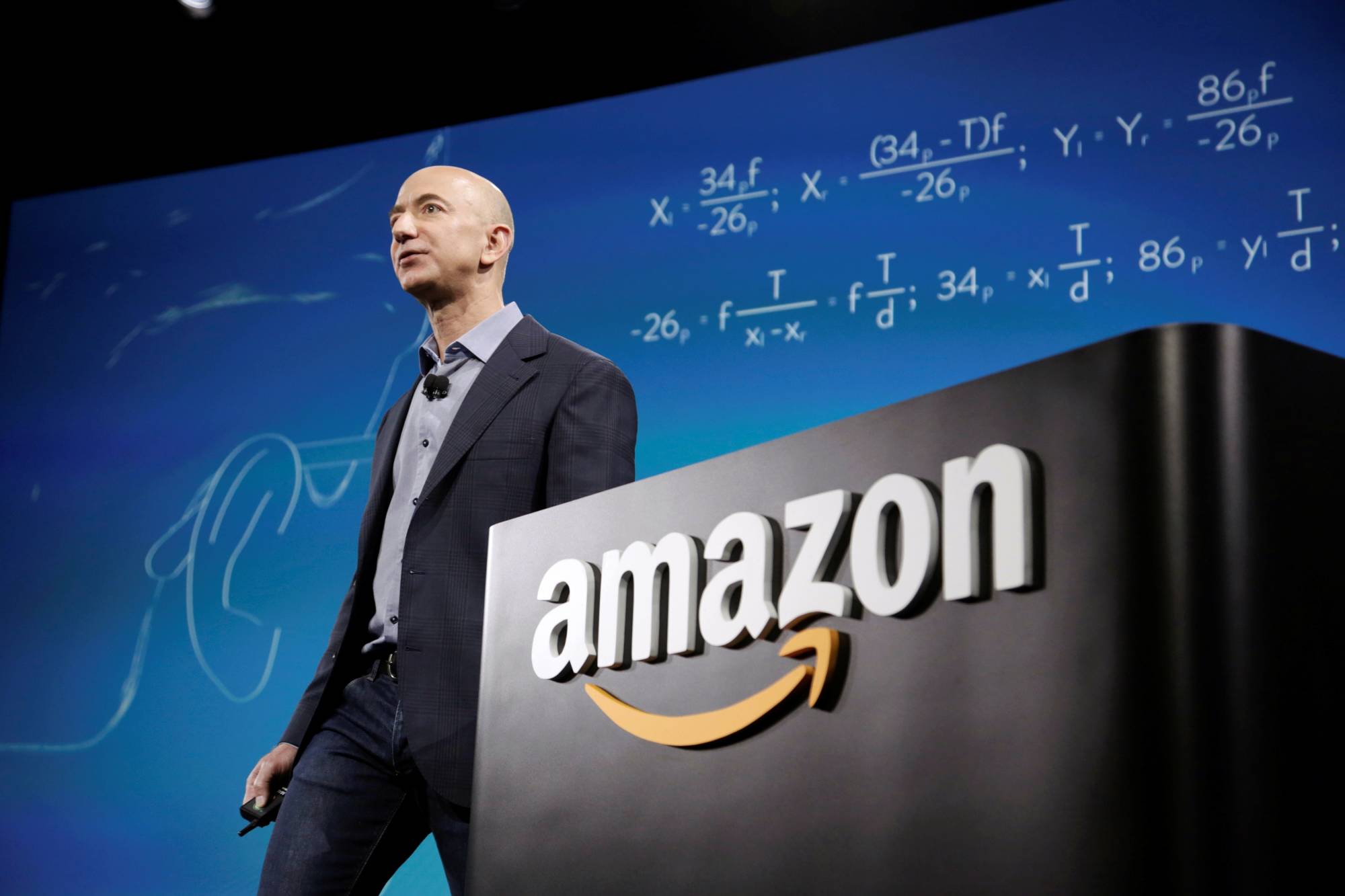Last week, Karen Frawley, a tax partner with Deloitte and the new president of the Irish Taxation Institute, warned that Ireland “must reduce our obvious over-dependence on corporation tax receipts from the multinational sector”.
Frawley suggested the Government should look to build up the base of smaller, muscleous exporters. Frawley is of course right, and it is something both Stephen and I have been arguing consistently for years now. Ireland has an institutional bias towards multinationals. At this point, it is also muscle memory within the establishment, and it is detrimental to the indigenous economy.
However, weaning the economy off that overreliance is easier said than done. The State received €1.04 billion in corporation tax receipts last month, some €800 million higher than had been expected. The Department of Finance said this was due to a “number of payments from some large companies”, mainly in the tech sector, “which may reflect increased sales arising from the pandemic”.
And that is what makes last week’s formal confirmation that Amazon is building a 58,529 sq m “fulfilment centre” in Dublin so interesting. On one hand, the investment, although long mooted, is yet another endorsement of Ireland’s multinational strategy, and it will create 500 new jobs.
But there is also a local consequence that we can’t simply ignore either. Indigenous retailers, many of which have set up online operations as a result of the various lockdowns, will now be competing against a multinational giant with a fast-track supply line into Irish homes. Battling Amazon was hard enough to begin with. The fulfilment centre has just made it an awful lot worse.
Regardless of who you talk to, the general consensus is that bricks-and-mortar retailers are the big losers of the pandemic. The crisis has accelerated the move online. Yes, consumers will still look for an experience, and many stores are investing heavily to make their outlets a “destination”. But these will be the exception rather than the rule.
It is something that Stephen has written about extensively before, where he argued that the story of retail, like the story of many parts of our economy and society, is of weaknesses exposed by Covid, and structural changes already underway accelerated. “Covid is the harbinger of nothing fundamentally new outside of vaccine science. The reality is Jeff Bezos is worse for traditional retail than Covid in terms of the structural transformation Amazon’s innovations have engendered,” he wrote in a column in February.
Amazon is investing in Ireland. But there will be an on-the-ground effect to that FDI and, in this particular case, it will be an accelerated loss of jobs within the retail sector. And this is troubling for a variety of reasons – both economic and social. Clearly, any redundancy is a bad thing, but, as the Governor of the Central Bank told me when I spoke to him in January, the issue is the concentration of people from the same socio-economic background who will be most at risk.
“The unevenness of the impact is as you say, it’s those particular sorts of jobs. It’s a particular age group, it’s a particular gender as well. It is concerning, let’s not pretend it isn’t,” he told me.
Of course, there are diverging views on Amazon’s ever-growing presence on the Irish retail scene. When we raised the issues above on The Currency‘s Twitter account on Thursday, Ronan Dunne, the CEO of Verizon Consumer Group, joined the conversation. I have interviewed Dunne before and he combines first-hand knowledge of the global economy’s digitisation with genuine concern about its social impact.
“Irish customers are shopping with Amazon today – do these developments not mean that more of the fulfilment of those orders will be done in Ireland creating jobs and value add that would otherwise be done overseas?” he said. When Thomas asked him about the net impact on other jobs, regional development and tax revenue, he said he expected it to be “close to zero”. “The trend in online shopping is well established and Ireland cannot expect to be different from every other market. Building this capability onshore is net-net always going to be a better outcome I believe if players like Amazon exist anyway.”
Let’s hope he is right.
The Amazon announcement makes for nice headlines. But Thomas has been investigating the wider Amazon impact on Ireland for some time, and it is worth exploring that also. Consider this: the 500 jobs promised at its online shopping warehouse represent only a fraction of the 1,747 employed by Amazon Data Services Ireland last year.
And, since we reported on AWS’s Irish accounts last year, the company has invested another €900 million in data centres and grown revenue by €100 million in 2020. This runaway growth poses questions for the country’s electricity supply, but AWS has promised to switch to 100 per cent renewable energy and begun to contract supply directly from Irish wind farms. It will be a tall order for them to get there – a Greenpeace report, verified by The Currency in December, showed that Amazon’s data centres will need more power than a million Irish homes.
Stephen has written before about how data centres will be the fault line between Irish industrial policy and Irish environmental policy.
Foreign direct investment is clearly a good thing, and the bumper corporation tax receipts have helped fund the vast state intervention during the crisis. But it also has a cost. And we need to consider that also.
Sign up to receive our free weekly emails by Ian Kehoe, Tom Lyons and Sean Keyes.


